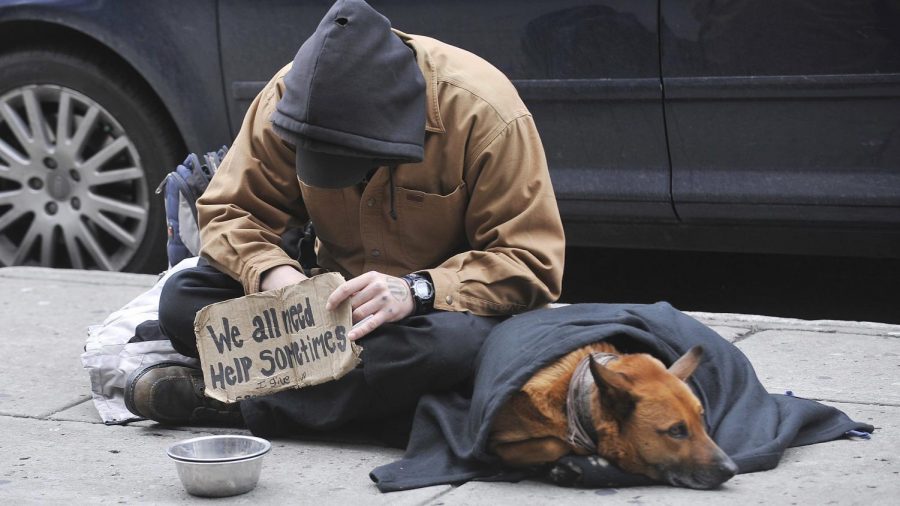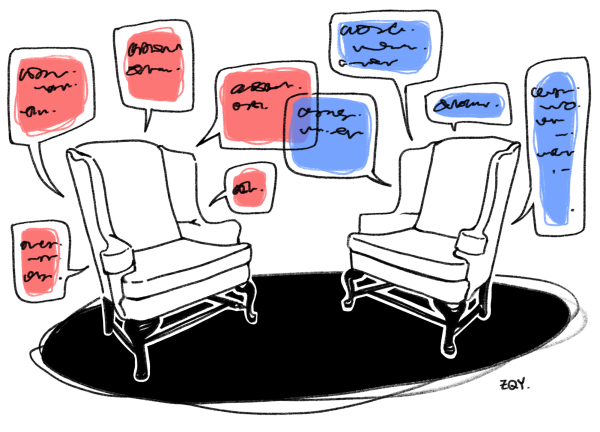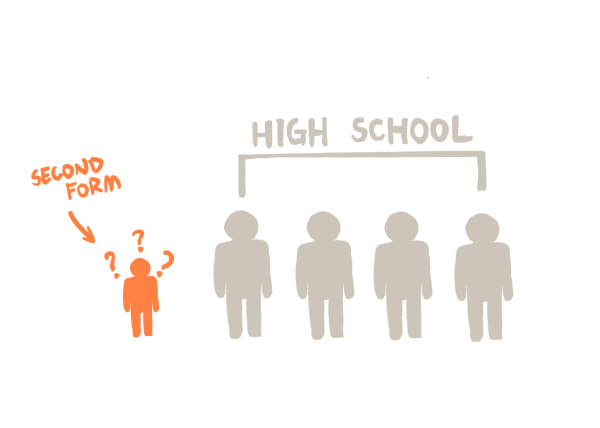Homelessness: A Crisis of Reluctance
Throughout the economic rollercoaster that has molded American history, widespread housing has swiftly emerged as an invaluable factor for economic growth. Due to the Covid-19 pandemic, the already burdensome issue of homelessness has been exacerbated through evictions. About 20% of renters are behind in their payments, with the average delinquent renter owing $5,600 over a four-month span. Moreover, despite the federal eviction moratorium, hundreds of thousands of evictions have been filed by landlords. Without housing, a basic and salient form of security, it is fallacious to believe that one can substantively contribute to greater society. Although the Trump and Biden administrations have tempered the problem through moratoriums, stimulus packages, and other key policies, more extensive action is indispensable in each policy to bolster its ultimate effectiveness.
Within the context of the Covid-19 pandemic, homelessness must not solely be considered an economic crisis, but also a health one. The Coalition For The Homeless found that the Covid-19 mortality rate for sheltered homeless individuals in New York City was nearly 50% higher than the city’s cumulative mortality rate. This figure is not, in any respect, surprising given that a lack of housing makes it inconceivable for one to social distance, quarantine, or receive high-quality medical care. The pertinent difficulty presented by coronavirus is further compounded by the traditional repercussions of homelessness: increased crime, drug use, and unemployment.
In response to this issue, the past and current administrations have instituted a federal eviction moratorium. Any eligible renter who fills out a form and submits it to their landlord cannot be evicted due to nonpayment of rent between now and June; the Biden administration has extended this moratorium three times, described as a way to temporarily halt residential evictions. In addition, President Biden’s 1.9 trillion dollar American Rescue Plan was passed by the House of Representatives a few weeks back. It sends direct stimulus payments to eligible citizens up to about $1,400 and allocates more funds for vaccine distribution. President Biden has also recently announced a $2 trillion infrastructure plan, which is focused on raising wages and American living standards by investing in underfunded areas, hoping to combat racial and economic inequality by revitalizing these regions’ housing, child care centers, water systems, roads, and public transit. However, most of the infrastructure bill has not been passed yet, and the bill is actually less than what was initially promised by the federal government. The Biden administration has been treating the homelessness crisis fiscally, which in theory should combat the issue well, but it is not enough.
For lower-income Americans, their stimulus checks are being spent on two basic necessities: food and rent. Of people earning less than $25,000 per year, 77% reported using their stimulus payment for expenses like food and rent, while 48% of those earning between $100,000 and $150,000 reported the same. Stimulus checks are no good to people who do not know where to find them (due to no permanent mailing address). Numerous homeless people have no idea where to access this money that could be so crucial to their survival. Another issue is that this crisis is not getting the attention it deserves due to the underreported Covid-19 deaths of the homeless. Hospitals must start asking about housing information on death certificates. Increasing cash influx in the right places, such as social programs or hospitals, will allow for better managed resources, and more care to the issue of the homeless will go a long way to solving this crisis.
The existing eviction moratorium system is inordinately circuitous, requiring tenants to complete a lengthy protection process. The most endangered populations, those unaware or unable to complete the declaration procedure, remain unprotected by the ban. Furthermore, the current moratorium permits landlords to file evictions so, in consequence, they can utilize these filings to intimidate tenants to vacate their properties. Both of these problems can be easily remedied through more expansive clauses with the moratorium. A universal moratorium should be implemented, so tenants within the current stipulated income range need not complete the complex application process; the number of people covered by the moratorium will increase. Additionally, banning evictions at every stage prevents landlords from weaponizing eviction notices to forcefully coerce tenants to leave their properties.
Though a landlord’s right to lease property is a crucial prerogative, it is important to assess the deleterious consequences of preserving the right in its entirety. Presumably, widespread evictions will occur, thereby drastically increasing the homelessness rate in the country and the ramifications associated with it. In the long-term, however, it will be especially difficult to assist former tenants in finding new rental properties and, by extension, jobs. Housing is a fundamental necessity, a buttress for one’s life, that, if taken away even for a relatively short period of time, can result in the loss of virtually everything a person may have. On the other hand, there is no denying that landlords will lose important streams of income but, as opposed to, tenants, they can sustain damage in the short-term. With some losses, due rent will inevitably return to landlords. The same concept cannot be applied to housing opportunities for evicted people. The Covid-19 pandemic has forced Americans to weigh priorities and accept the idea of inexorable loss. The ideal course of action is to mitigate losses to the greatest extent possible.
Once again, the current and former administrations have taken the correct general approach to the current homelessness crisis. Nevertheless, it is of paramount importance to expand these programs so they are more comprehensive and introduce new policies to supplement them. Access to housing is a requisite tool for success and, without it, people are left exposed and defenseless. Forgoing basic human needs for the sake of cost has never ameliorated this country or humanity by and large. Setting a precedent of reluctance will not pave a better path for this country but, instead, create a formidable barrier.






